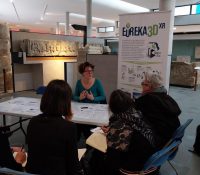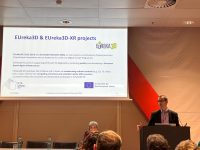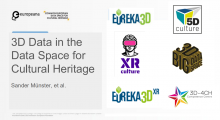For 2015 the UNESCO Chair in ICT to develop and promote sustainable tourism in World Heritage Sites (Università della Svizzera italiana – Lugano, Switzerland) has partnered with the University of Milano-Bicocca (Milan, Italy) under the patronage of EXPO Milan 2015 to organise its Summer School.
The Summer School links three elements qualifying EXPO2015: Italian land, the development of the related resources in a responsible way and ICT (as a condition of global development, for its ability to go through space and time and to improve reputation and image while increasing awareness of a place).
The Summer School is committed to discovering the natural and cultural places we live in, and intends to offer an overview of some excellences in the Lombardy region (Italy) and in the Ticino region (Switzerland), with a particular focus on sustainable tourism and UNESCO World Heritage Sites.
A combination of lectures, cases, site visits (including EXPO2015), workshops and group-works will be provided, so to ensure high engagement and retention by all participants.
Subjects overview:
- Sustainable Tourism and (In)Tangible Heritage
- Online Promotion and Communication
- Tourism Development
- Tourism and Religion
- EXPO2015 and Food Sustainability
- eLearning in Tourism
- Online Reputation
- UNESCO World Heritage Sites and Tourism
- Heritage Conservation
Participants:
- Researchers: Advanced Master students, PhD candidates, Post Docs
- Practitioners: World Heritage Site managers, Destination managers, interested Tourism professionals
Partners:
the Summer School is organised in collaboration with the EXPO2015 and the Università degli Studi di Milano Bicocca; it is supported by IFITT – International Federation for IT and Travel & Tourism, the Apindustria Brescia, Incubatore di Imprese di Valcamonica, Comunità Montana di Valcamonica and Confagricolture Lombardia.

Download the Summer School flyer here!
For more information visit the organisers’ website.


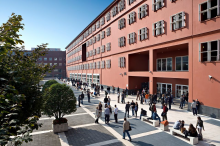
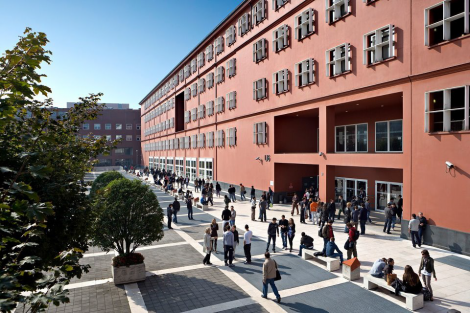
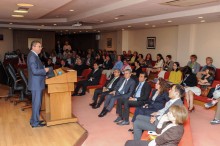
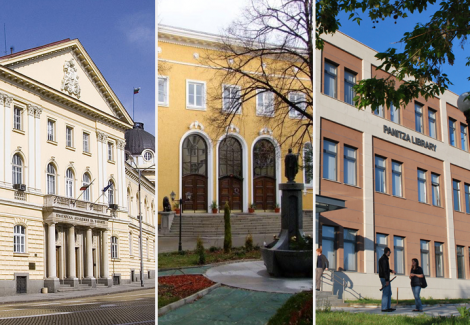


















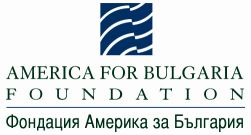
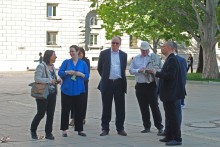
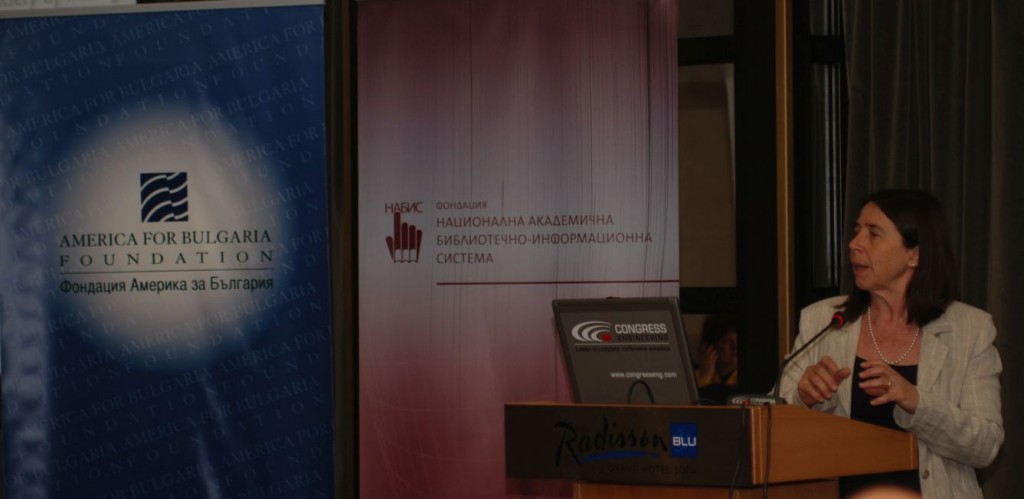
 As invited speaker, Antonella Fresa of Promoter SRL intervened with a presentation entitled “From digitisation to the re-use of digital cultural content and citizen participation“[
As invited speaker, Antonella Fresa of Promoter SRL intervened with a presentation entitled “From digitisation to the re-use of digital cultural content and citizen participation“[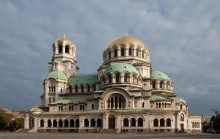
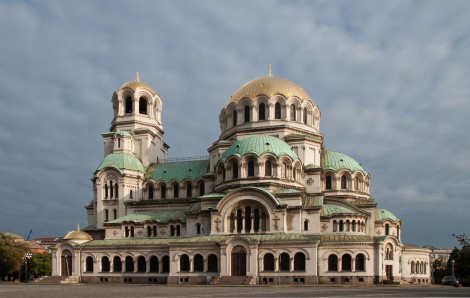
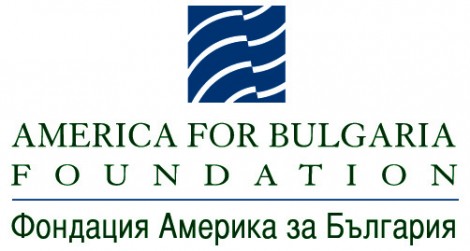
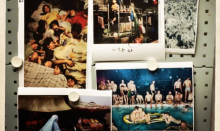
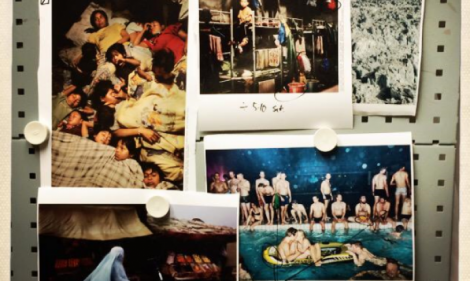
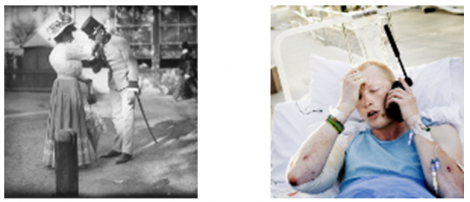
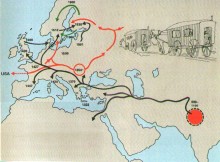
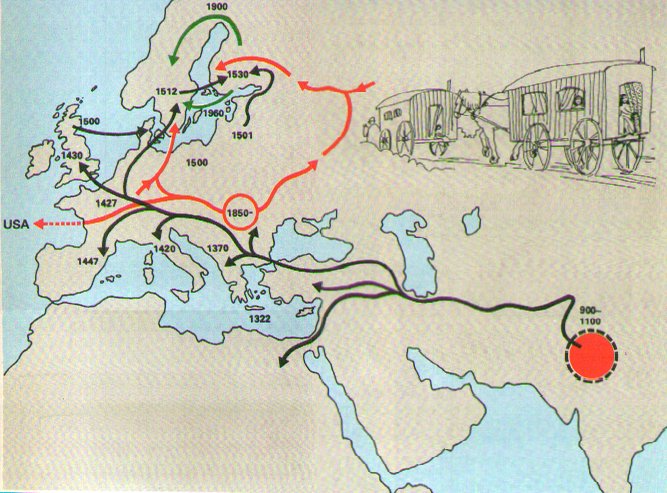 In the Romani Week (April 27 – May 1, 2015), Amalia Sabiescu of Coventry University shares insights from the
In the Romani Week (April 27 – May 1, 2015), Amalia Sabiescu of Coventry University shares insights from the 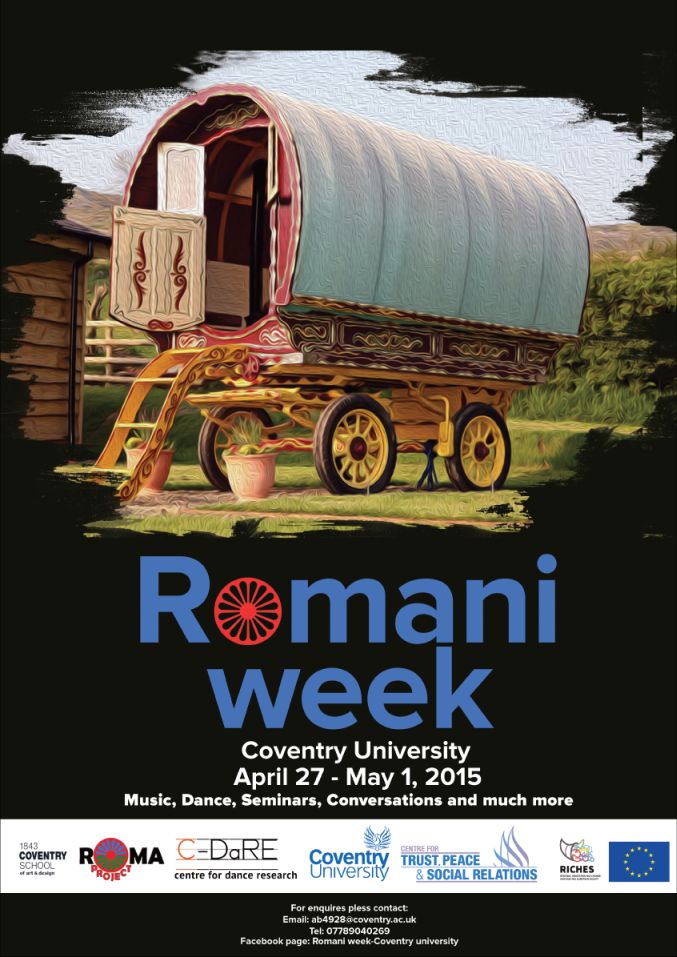
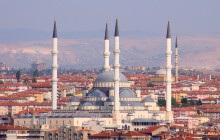


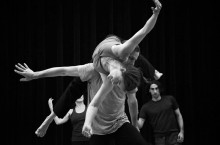
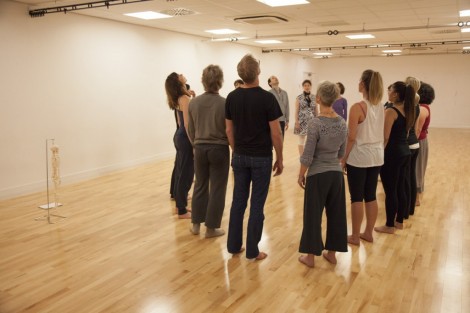
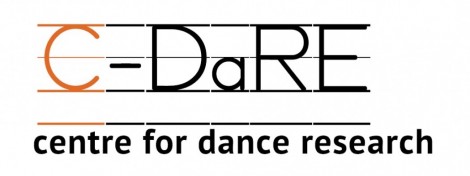

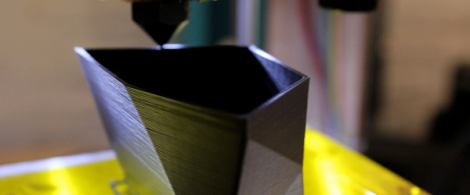
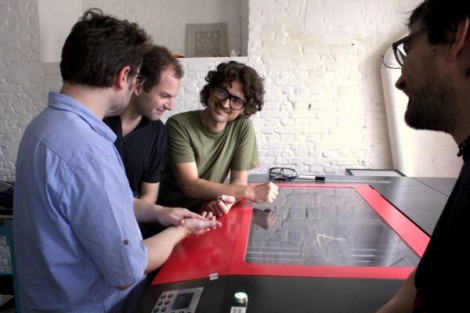
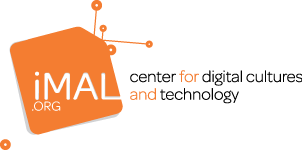 CNC milling – The CNC (computer numerical control) milling machine allows to machine solid materials. The main difference from the laser cutter is that it allows to work in 3D, for example to sculpt wood from a 3D model. The milling machine also excels in 2D and allows for example to engrave your own circuit boards.
CNC milling – The CNC (computer numerical control) milling machine allows to machine solid materials. The main difference from the laser cutter is that it allows to work in 3D, for example to sculpt wood from a 3D model. The milling machine also excels in 2D and allows for example to engrave your own circuit boards.








